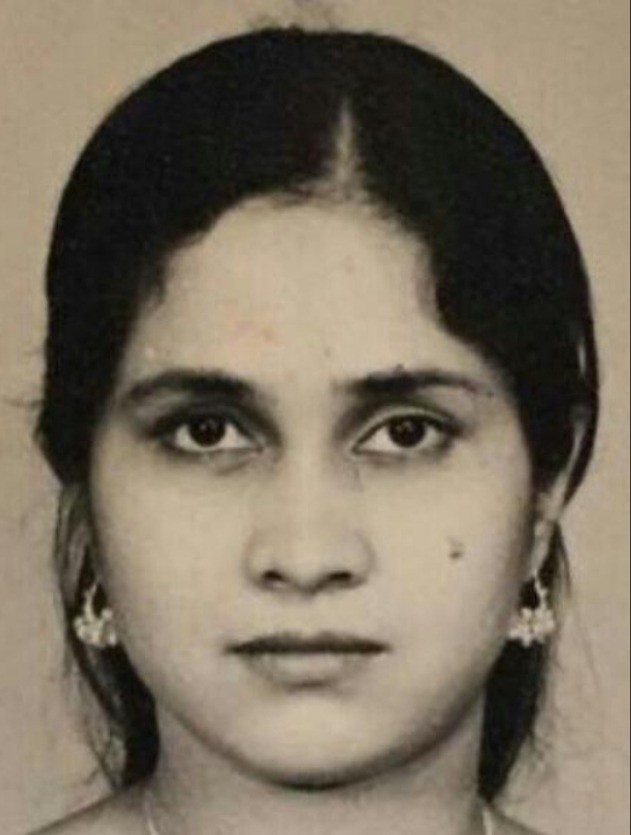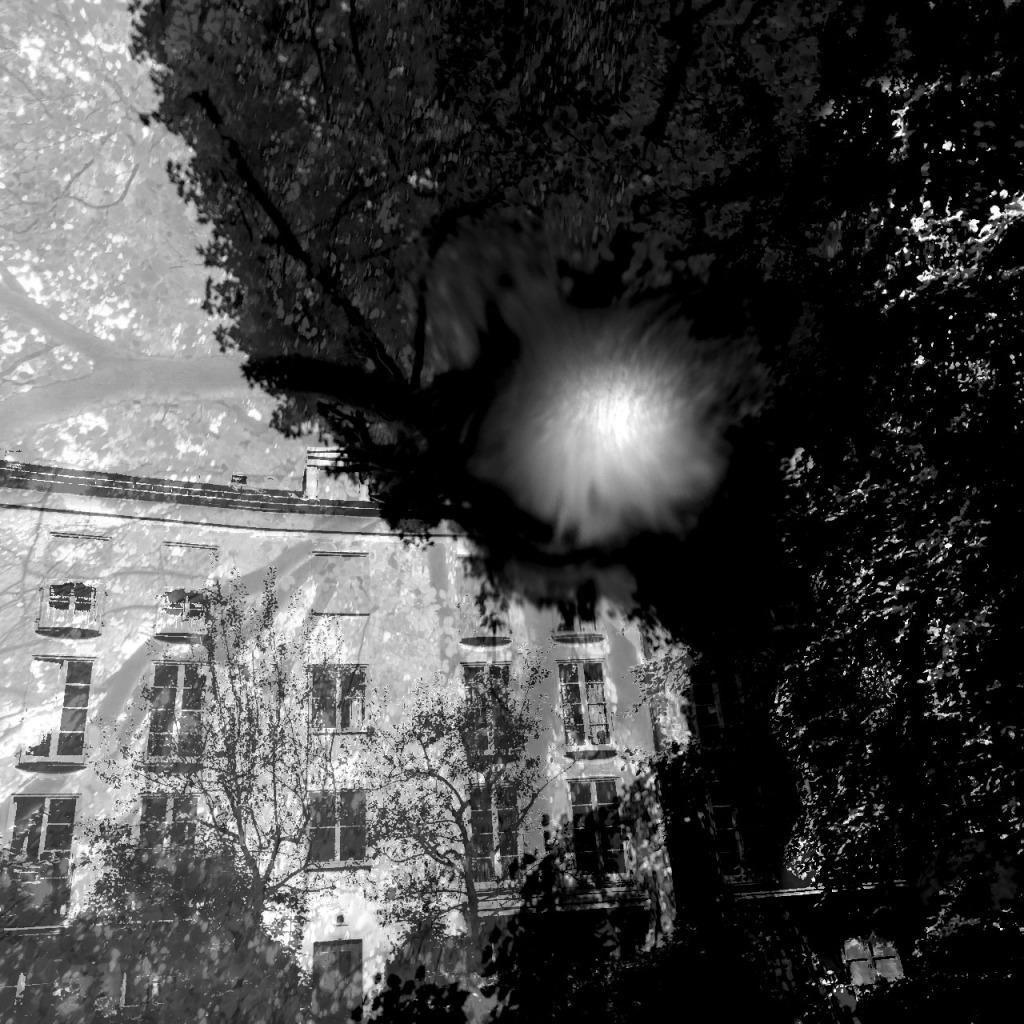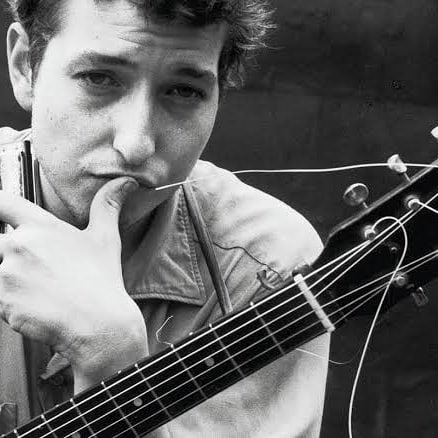
Anjali Minanath Dhaske has done Post graduation in Education and was teaching at teacher training school for 3 years. Post this career stint she decided to enjoy her motherhood. While enjoying her motherhood, she pursued her hobbies. She is the passionate homemaker and Marathi writer. She is well-known for her elaborate Rangoli designs and the writing along side. She creates stories with an intrinsic love of storytelling. Her first story book, which was inspired by her own experience as a woman in modern-day, is proof of her dedication to self-expression.
Her entry in literature world started with her blog “Ashayghan Rangoli’ (आशयघन रांगोळी). She started writing alongside her Rangolis. Progressively she also started her own YouTube channel “Rang Majha Vegala by Anjali M Dhaske” for art, craft and Rangoli. Meanwhile she was also writing short stories on many online platforms.
Order your copy of the book ‘Picture Perfect’, which is a collection of short stories in the form of an ebook and hardcopy on the following websites.
👉 BLUEROSE STORE: https://blueroseone.com/store/product/picture-perfect
👉 AMAZON: https://www.amazon.in/Picture-Perfect-Anjali-Minanath-Dhaske/dp/9359898856
👉 FLIPKART:
https://www.flipkart.com/picture-perfect/p/itm04fbc25771963?pid=9789359898858
My thoughts about the book: Rashmi Malapur
All the stories written by Anjali are simple and so are the characters. You don’t have to stress about multiple characters or complex situations. All the situations or the backdrop are so relatable and true to real life. She makes no deliberate attempt to think out of the box in a bid to impress the audience. The ease in her writing flows seamlessly in the reader’s mind and at the end of each story you wish to get intuitive and reflect on the society we presently live in.
Few stories are about women and the way they try hard to fit into the mold of femininity, culture, and traditions. The struggles of women might seem so insignificant at times but they touch them at a deeper level. Even women shrug them off by saying, “Life is like that” or “Women are bound to face these challenges”.
Now what is impressive is Anjali’s approach, she isn’t criticizing or vehemently opposing the repressive culture. She intertwines her thoughts through the characters that live out of self-realization and progress to a better life. May it be Nisha from the story ‘Chakulya’ or Veena from ‘Teku’.
Deepak or Eshwari’s mother from her story ‘Eshwari: Ek Stri man’ understands her son’s sexual orientation and accepts it gracefully by supporting and making him feel confident and independent.
Anjali presents the dilemmas we face in our daily life and choose to just ignore. Probably we all have become a little insensitive to observe and ponder. Here Anjali’s stories play that vital role of triggering thoughts that we shrug off, through relatable stories with daily incidences. She proves that while bringing to notice the complexities of daily life and the present society a detailed narration isn’t necessary. Simple short stories can do the job well.
But what I genuinely loved about the book is the thread of positivity that runs through all stories and the maturity with which she unfolds each situation and the characters as well.
Most of the stories are progressive and impress on the reader’s mind in the subtlest way to rethink the present societal norms we accept at a subconscious level.
Anjali avoids stretching the stories too much but that doesn’t mean she fails to take time and effort to weave each story. She is simply brilliant at touching the audience with minimum words. Infact, some stories are light-hearted yet leave a lasting impression on your mind like ‘Promise Day’, ‘Picture Perfect’ and ‘Healthy Food’.
The book is written in Marathi but it would be great if these stories could be translated into English. Not an easy task though.
‘Picture Perfect’ by Anjali Minanath Dhaske is distinct due to its simplicity, brevity, and intuitiveness.
Copyright 2024 Rashmi Malapur

























